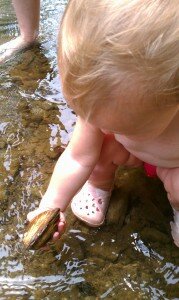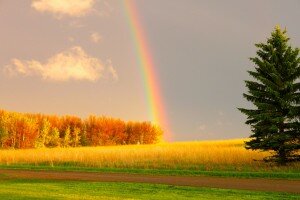
Gearing up for the shoot.
“It all depends on the moon,” she replied, when I asked her about the best time to cast out into the surf at Back Bay National Wildlife Refuge. Today was about exploration– of the refuge, of our equipment, and of the surf.
For 75 years Back Bay has been a place for fishermen outside the hectic Virginia Beach sprawl. With just over 4,500 acres, this refuge is a critical segment of the North American Flyway, an opportune resting area for migratory birds. Our angler used artificial bloodworms to catch kingfish and spot. She’s in a tournament with her local fishing club, so each fish is recorded by size and captured on her daughter’s iPhone. Each release is done by her young son, who was eager to pose for the camera. She comes here for the quiet, and so her kids can play without worry.
I realized today that fishing and filming have a lot in common; the tides, the bait, the wind, the sun can all have something to do with your success, and just like with fishing, you never know what you’re going to get.
Side note:The first day of course was not without a few hiccups. Driving a truck on the sand, for example, is much harder than it looks. Thanks to our newfound friends for the helping hands needed to push our truck back onto the road. And a special thanks to the incredible staff and YCC crew at Back Bay for being so patient and gracious.
![]()
![]()
![]()
![]()
![]()
Follow along with us as we journey down the coast from Virginia to Florida national wildlife refuges, talk to U.S. Fish & Wildlife Service employees, anglers, Friends, state partners, and more as we showcase the renewed vision for the National Wildlife Refuge System,Conserving the Future: Wildlife Refuges and the Next Generation!
Anna Harris is the Vision Coordinator for Conserving the Future and a member of the team taking vision on the road.









